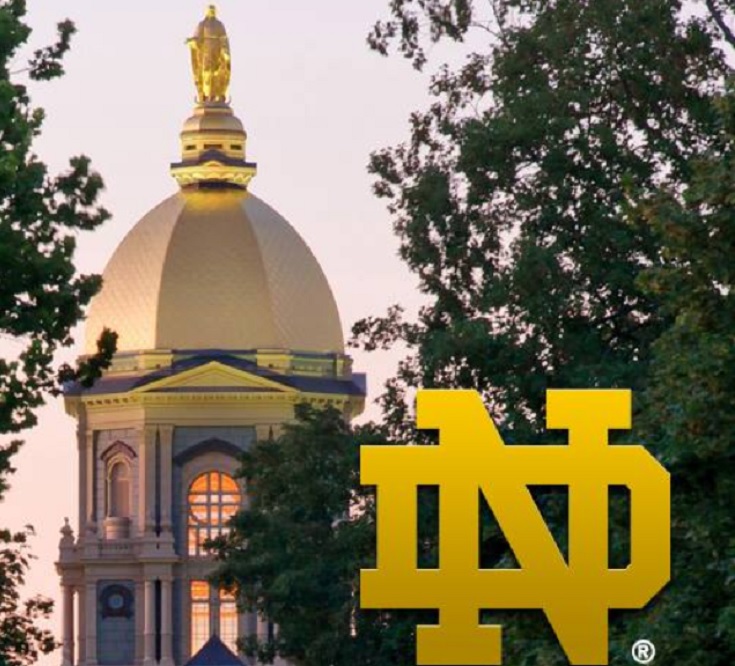The University of Notre Dame, a Catholic institution, kept to its decision to cease covering no-cost contraception to employees and students for just one week before reversing course. The ceased coverage was not to have been enforced until January 1, the Hill reported.
Among the first to report Notre Dame’s initial decision included sites such as Slate, Mother Jones, and the Los Angeles Times, outlets which were opposed to the Catholic institution behaving as such. Michael Hiltzik’s article couldn’t keep the outrage out of the title, which read “Ending birth control coverage, Notre Dame abandons its progressive legacy on women’s rights.”
Now, many of those sites, and others, are celebrating what seems to have been Notre Dame giving in to the pressure to reverse course. In a title just as bold, a more recent article from Hiltzik read “Notre Dame, reentering 21st century, restores employees’ access to birth control.” As the Catholic News Agency clarified in their reporting, however, employees and students will receive coverage separately from the university:
“Notre Dame, as a Catholic institution, follows Catholic teaching about the use of contraceptives and engaged in the recent lawsuit to protect its freedom to act in accord with its principles,” read a Nov. 7 email sent to university employees.
“Recognizing, however, the plurality of religious and other convictions among its employees, it will not interfere with the provision of contraceptives that will be administered and funded independently of the University.”
The email explained that the university’s insurance provider, Meritain Health/OptumRx, has said “that they will now continue to provide contraceptives to plan members at no charge.” The university had believed the provider “would discontinue no cost coverage for contraceptives for employees at the end of the year.”
In October, President Donald Trump reversed the Health & Human Services contraception mandate. The move allows institutions and employers to decide for themselves if they wished to opt out of providing contraception, in the event that doing so would go against their religious and/or moral beliefs.
Days after the administration’s rule was announced, CBS News highlighted the story of Kate Rochat. The law student is also part of the ACLU, which has ferociously opposed conscience protections within the mandate. She is also now a plaintiff in a case against the Trump administration.
“I respect my university’s adherence to Catholicism, but I also think that no woman should have to choose between her serious medical needs and her university’s religion,” she said.
Rochat had another option besides suing, and that was to attend another law school, where she would have no such concerns about getting coverage, but she apparently decided against doing so.
In 2013, Notre Dame sued the Obama administration over the contraceptive mandate that would require them to provide such coverage. They have not been not the only plaintiffs against the mandate. Other Catholic groups, such as Priests for Life and Little Sisters of the Poor, went to the U.S. Supreme Court, arguing they could not be involved in providing contraception they objected to, even if third party insurance companies covered the contraception. With there being only eight justices on the Court at the time, the decision was a divided one.
Differing opinions towards the mandate, from groups which are all Catholic, may raise questions not only about the mandate itself, but what it means to follow Catholic teaching.


